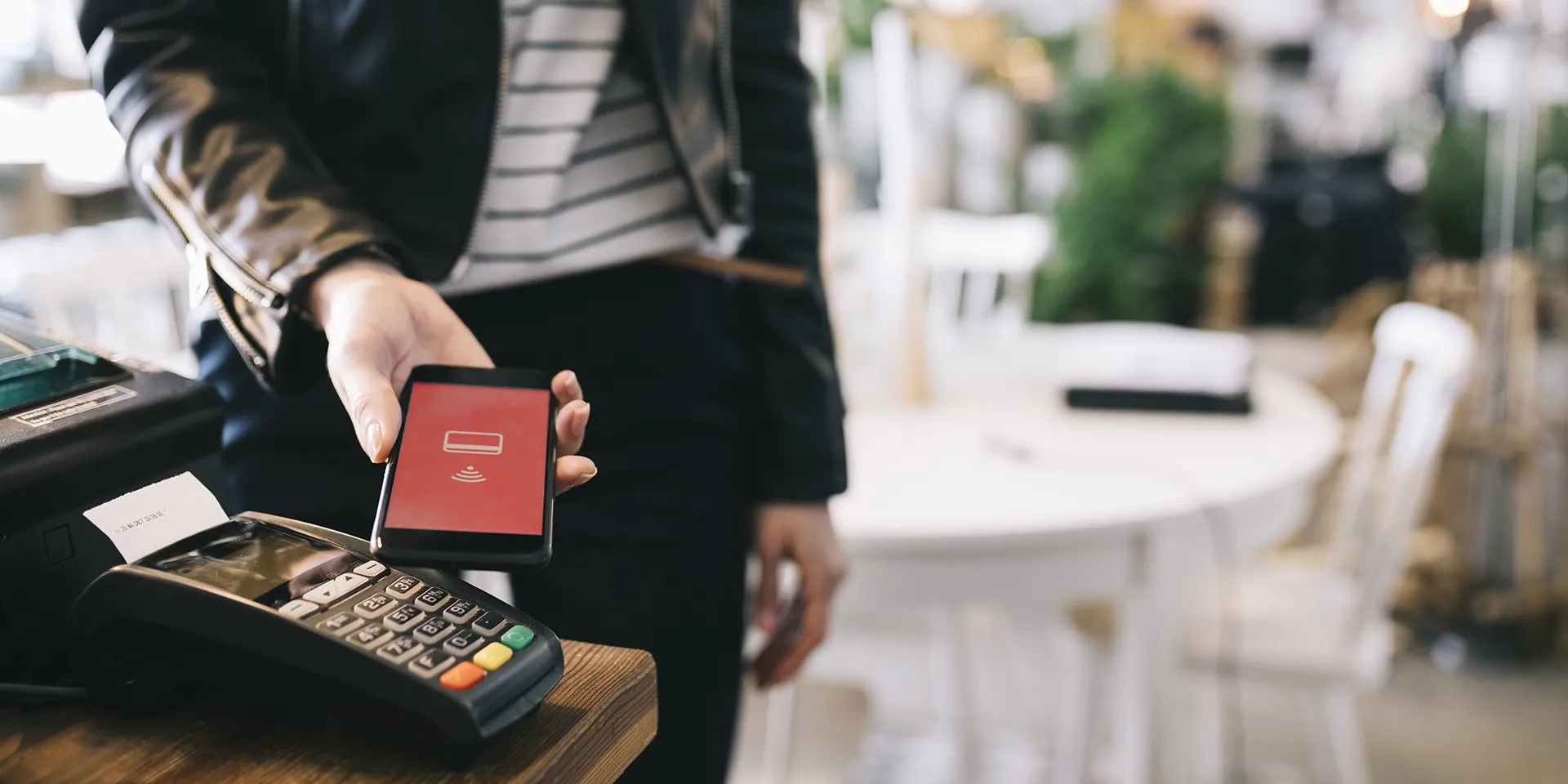These days scammers are becoming very sophisticated, particularly when it comes to online activity. It's important to stay up to date with the latest scams such as SMS phishing, email phishing and telephone scams soliciting your personal and banking information.
Find out more about these common banking scams here. Alternatively you can visit the Scamwatch website for the latest information.
Bank safely online
To protect your accounts and personal information, it's important you know how to protect yourself. Here's some precautions you can take while using online banking.
- Set up a firewall for your home computer. This will help to prevent unauthorised internet users accessing information from your computer while you are online.
- Where possible, ensure that you install relevant current security updates as soon as they are released. Install good antivirus software and keep it up to date.
- Never keep your banking passwords saved in the browser. Always type them in.
- Avoid banking or shopping online at internet cafes or using other public internet terminals.
- Always look for the secure padlock icon within your browser window when logging on to an online banking or internet shopping website.
- Regularly check your transaction history or statement for any unusual or suspicious transactions.
- Whilst P&N Bank strongly advises that you consider the above recommendations, we encourage you to thoroughly investigate the range of security options currently available before applying them to your PC. Do not choose Internet Banking passwords that are easy to guess, such as your name or birth date.
- Never tell anyone your log in information.
- Change your online banking password regularly.
- Always log on to Internet Banking via the P&N Bank website, do not use hyperlinks from unknown sources or third party websites, including search engines.
- Never leave an online banking session unattended, and ensure you always log out properly.
Remember, we will never ask you for your login or account details via email, and if you're unsure about any contact you receive surrounding this, contact us on 13 25 77.

Bank safely when using mobile apps
Here are a few more things you should to remember to stay safe when banking via mobile apps:
- Never download apps from third party sites or from links in emails, social media, text messages or websites.
- If you believe you have downloaded a fake app you should uninstall it and contact the company in question immediately.
- Use legitimate app stores such as Google Play for Android or Apple’s App Store.
- Don’t store your member number and password on your phone.
- Make sure you log out of the app, or lock your phone when you’re finished.
- Get in touch with us immediately if you’ve lost your mobile device or you think someone may know your login details.
Stay aware on social media
Social networking sites such as Facebook and Instagram are great ways to connect with friends and family, but they are also a way for fraudsters to connect with you.
Be careful that you don’t publish personal information that may compromise your personal security, and in particular you should never publish in a post or a status update any private information like your PAN, PIN, bank account details or address.
Here are some things to consider when setting up and using social network sites:
- Personal data such as birth date, driver's licence number, tax file number or bank account details should never be shared online.
- Create complex passwords using upper and lower case letters, numbers and special characters (such as $%&!), with a different password for each site.
- Don’t accept friend requests from people you don’t know.
- Familiarise yourself with the privacy settings and security policy of any social networking sites you use.
- Minimise the number of third party apps and services that you install or allow to access your account.

Helpful resources

mymo mobile app

Digital wallets - what's the deal?

